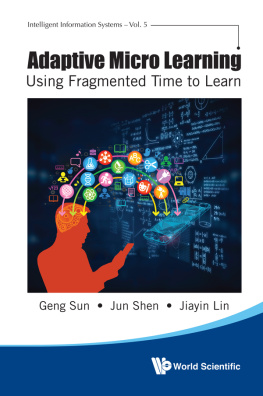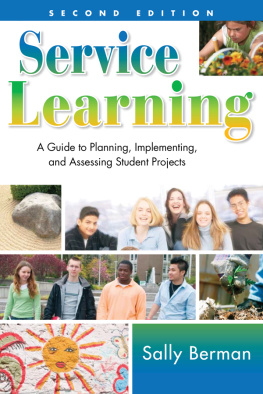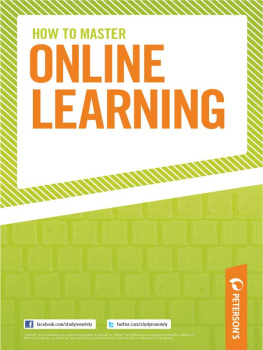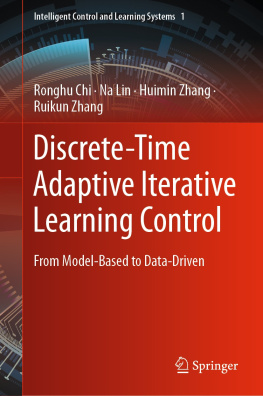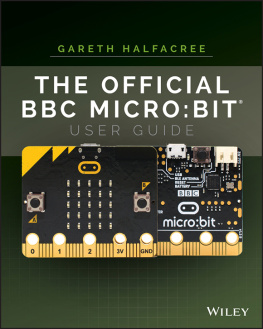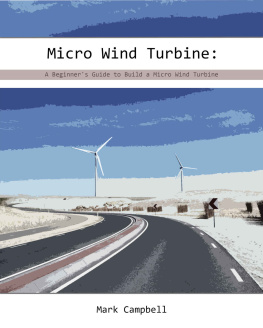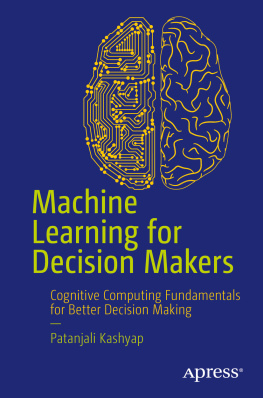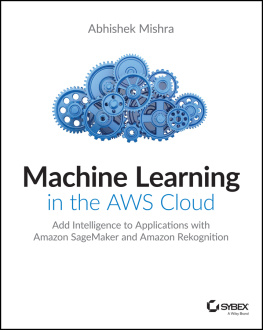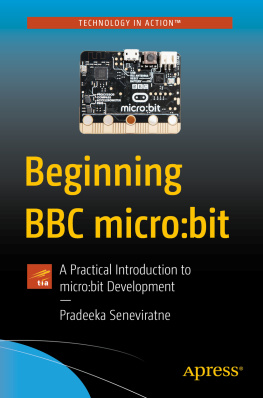Contents
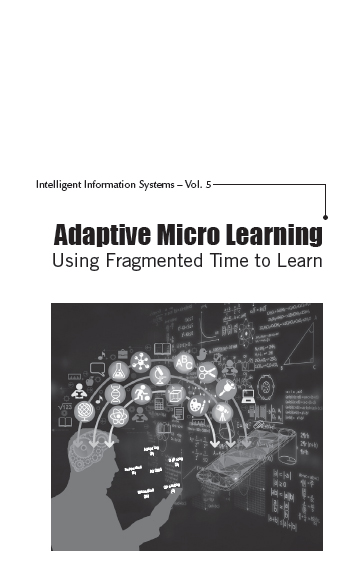
INTELLIGENT INFORMATION SYSTEMS
ISSN: 1793-4990
Series Editors:Da Ruan (Belgian Nuclear Research Centre (SCK.CEN) & Ghent University, Belgium)
Jie Lu (University of Technology, Sdyney, Australia)
Published
Vol. 5 Adaptive Micro Learning: Using Fragmented Time to Learn
by Geng Sun (University of Wollongong, Australia), Jun Shen (University of Wollongong, Australia) & Jiayin Lin (University of Wollongong, Australia)
Vol. 4 Adaptive Cloud Enterprise Architecture
by Asif Qumer Gill (University of Technology, Australia)
Vol. 3 Reasoning about Fuzzy Temporal and Spatial Information from the Web
by Steven Schockaert (Ghent University, Belgium), Martine De Cock (Ghent University, Belgium) & Etienne Kerre (Ghent University, Belgium)
Vol. 2 E-Business in the 21st Century: Realities, Challenges and Outlook
by Jun Xu (Southern Cross University, Australia) & Mohammed Quaddus (Curtin University of Technology, Australia)
Vol. 1 Advances in Artificial Intelligence for Privacy Protection and Security
edited by Agusti Solanas & Antoni Martnez-Ballest (Rovira i Virgili University, Spain)
Published by
World Scientific Publishing Co. Pte. Ltd.
5 Toh Tuck Link, Singapore 596224
USA office: 27 Warren Street, Suite 401-402, Hackensack, NJ 07601
UK office: 57 Shelton Street, Covent Garden, London WC2H 9HE
British Library Cataloguing-in-Publication Data
A catalogue record for this book is available from the British Library.
Intelligent Information Systems Vol. 5
ADAPTIVE MICRO LEARNING
Using Fragmented Time to Learn
Copyright 2020 by World Scientific Publishing Co. Pte. Ltd.
All rights reserved. This book, or parts thereof, may not be reproduced in any form or by any means, electronic or mechanical, including photocopying, recording or any information storage and retrieval system now known or to be invented, without written permission from the publisher.
For photocopying of material in this volume, please pay a copying fee through the Copyright Clearance Center, Inc., 222 Rosewood Drive, Danvers, MA 01923, USA. In this case permission to photocopy is not required from the publisher.
ISBN 978-981-120-745-7
For any available supplementary material, please visit
https://www.worldscientific.com/worldscibooks/10.1142/11477#t=suppl
Printed in Singapore
Contents
Chapter 1
Introduction
1.1Background
1.1.1. Background
With the rapid growth of technology, the learning patterns become diverse, and they are no longer solely restricted in the classroom and with paper-printed textbooks. In other words, the learning activities can take place in distance empowered by multiple types of equipment. The distance learning is usually to expand its impact with the assistance of electronic means, simplifying the method of information delivery and deriving new fields of teaching approach. Education providers are showing increasing interests in releasing their learning resources online in the digital form, including text, image, audio, video, and so on. Therefore, learners can utilize the electronic learning (e-learning) extensively to participate in learning activities and access learning contents on their own schedule. Therein, learners are given freedom to be self-paced and able to make their own decisions to slow down or speed up their learning rate of progress as needed. The development of e-learning does not replace the traditional on-campus or class-based learning, but it eases the way of accessing to learning resources by leveraging advanced learning technologies, and to improve them by accommodating multiple learning styles using a variety of teaching methods and delivery mechanisms adapted to different learners. Hence, the adoption of e-learning can offer learners the 24hour/7day learning experience and eliminate the geographical barriers in some extent.
The significant development of e-learning can be viewed from two perspectives. Firstly, the learning opportunities can be gained anytime and anywhere through the use of mobile devices, provided that wireless network is well achievable. Among all types of learning modes in e-learning, mobile learning (m-learning) is rising remarkably, from which learners are given more freedom to have learning activities wherever they are and whenever they want. Consequently, they are no longer required to keep sitting in front of a computer, desktop or fixed device, while they can carry portable devices to enjoy the convenience in the mobile environment.
An eye-catching phenomenon of m-learning is that the fragmented pieces of time can be made good use. In addition, with the widespread use of mobile devices, people are taking advantage of smart phones and tablets to engage in online learning, which is termed as micro learning. Micro learning is a type of short-term learning involving activities based on small learning units. It is based on the assumption that a short time span is needed to complete a relevant learning task. It requires not only the learning task to be fragmented, but also that it to be completed (rather than being left unfinished halfway). In contemporary e-society, micro learning pertains to small pieces of knowledge delivered through open education resources (Kovachev et al. 2012). It is a major learning channel in mobile environment and is becoming popular with next-generation learners who learn on the move, with easy access to the cloud or Internet of Things (Bruck et al., 2012; Hug & Lindner, 2005). As a result, most open education resources (OER) providers have promptly released their mobile apps on mainstream mobile devices and operation systems (e.g., iOS, Android) and adapted their Webpages to appropriate screen size and operational mode of mobile devices to enable more convenient use for learners.
Secondly, a massive amount of learning resources has been made open to public. Academics have been sharing digital content since the early days of computing (Land & McAndrew, 2010). Online learning through OER is one of the latest technologies in the field of education. It provides an open network-based model to achieve free or low-cost learning for any age group. It has become an important resource base for teachers and students around the world. In 2001, MIT, as a pilot, firstly launched Open Course Ware (OCW), with the aim of publishing all its courseware on the Web, and with licenses which allow the use, modification, and redistribution of published courseware. Since then, many other universities have joined the movement of making their courseware materials open. The promotion of OER benefits learners to access materials directly and learn from them, and allows educators to use materials directly or with modifications in their own teaching (Liyanaguanawardena et al., 2013). Through OER, anyone from any background with any level of expertise is given equal opportunity to attend courses and have access to educational contents and knowledge that they otherwise could not afford. In particular, millions of people are currently participating in the virtual classroom of the Massive Open Online Course (MOOC). Indeed, the number of students enrolled in a single course at the same time could be as high as tens of thousands (Souza & Amaral, 2014). As more and more universities and other educational institutions offer online access to their courses, open learning gains wider popularity in adult education, particularly in tertiary and vocational education.

